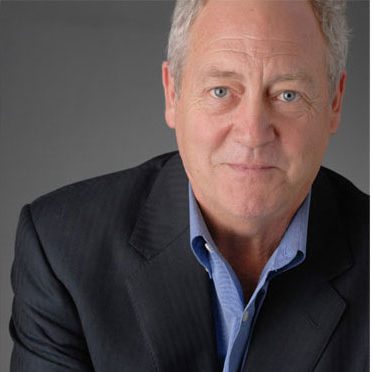Activist Decides to Redirect His Energy
Published: November 10, 2006
By KRISTIN BAVER
Press Enterprise Writer
BERWICK — When Greenpeace co-founder Dr. Patrick Moore left the environmental activist group in 1986, he was labeled a traitor.
Now a proponent of nuclear plants, Moore says, “I changed my mind because I believe I have more and better information.”
Thursday night, Moore spoke at Berwick High School’s auditorium, presenting “The Case for Nuclear Power.”
Supporting nuclear energy is a far cry from Greenpeace ideals.
“If you’re in Greenpeace and you support nuclear energy then you’re not in Greenpeace,” he said.
Moore was studying ecology at the University of British Columbia at the height of the Cold War when he joined the band of activists, taking a stand against nuclear testing in Alaska.
“There was a daily fear that there would be a nuclear holocaust,” he recalled.
Atomic bombs led to negative public opinion for nuclear power of any kind. “We thought everything nuclear was bad,” said Moore.
But Moore now believes nuclear energy could be the answer for global warming.
His presentation last night was sponsored by PPL, which operates a nuclear plant in Salem Township.
Eco-Judas
Moore left the activist group when he started to disagree with its viewpoints.
“They were taking policy in directions … I didn’t understand scientifically,” he said. “I wanted to work with people rather than against them.”
Moore went home to Vancouver to spend time with his family and start a salmon farming operation. He also joined a forest alliance to help educate loggers on sustainable forestry principles.
But his former colleagues condemned his new goals.
“That’s where I lost about half my friends,” said Moore, who was dubbed the Eco-Judas by a former pal.
“They say, ‘You’re not an environmentalist.’ As if they’re the ones handing out environmentalist badges.”
He went on to become the chairman and chief scientist for Greenspirit Strategies, a consulting agency that deals in sustainable environmental strategies.
He still considers himself an activist, and a radical who goes against the grain.
“Greenpeace focused much more on environmental principles, even to the exclusion of people,” said Moore. “I don’t accept the view that humans are bad and nature is good.”
His new efforts are focused on teaching people how to thrive while protecting the planet.
Unlike some environmentalist views, which oppose the cutting of all trees, Moore says the more wood people use, the better.
Since wood is a renewable resource, and trees decrease the amount of carbon dioxide in the air, he says proper deforestation is actually good for the environment.
And using trees provides income for loggers and landowners who will continue to plant more trees and reap the benefits, continued Moore.
More plants coming
Nuclear power is also beneficial, he says, for the environment and the economy. “They say the closer you get to a nuclear power plant, the better the roads and schools are.”
In April, Moore became co-chairman for the Clean and Safe Energy Coalition, a grassroots campaign to educate the public and policymakers on the positive aspects of nuclear power.
The 103 nuclear plants running in the U.S. account for 20 percent of the nation’s electricity. To create the same amount with fossil fuels would pollute the air as much as putting 100 million extra cars on the road.
Moore hopes to see the number of nuclear plants double in the next 30 years.
No new nuclear plants have been built since 1973, but Moore says that will “almost certainly” be changing soon.
Within three to four years, he expects construction to begin on new facilities. Each plant will take up to 10 years to complete.
But Moore’s future vision does not rely totally on nuclear power either.
He says it’s best to keep a mixture of technologies because each has strengths and weaknesses.
Nuclear energy, though, is cleaner than fossil fuels, and is capable of satisfying the growing demand for power, he says, unlike wind and solar options that are unreliable.

